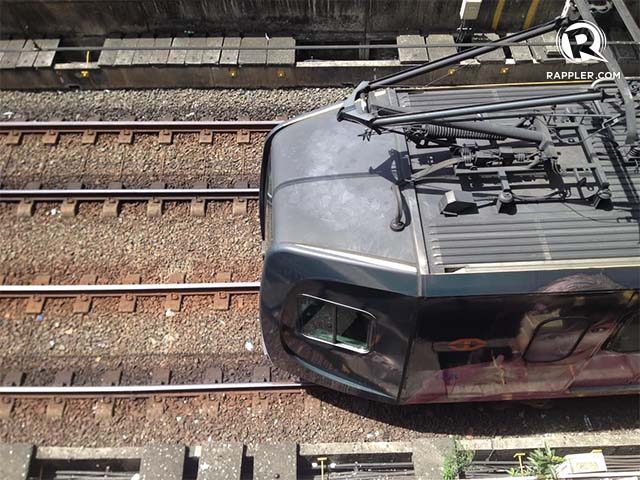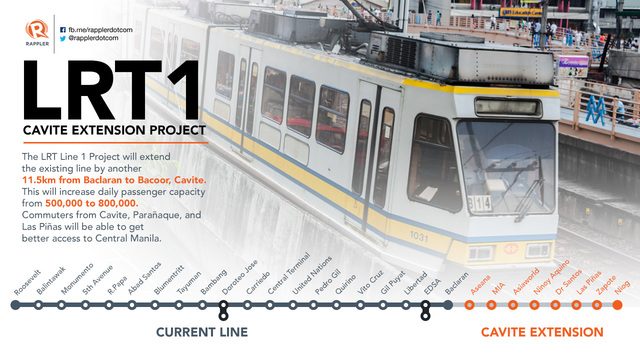SUMMARY
This is AI generated summarization, which may have errors. For context, always refer to the full article.

MANILA, Philippines – Instead of a fare hike that would be a burden to commuters, the operator of the Light Rail Transit Line 1 (LRT1) suggested that the government subsidize the company’s nearly P300-million claim.
“That is still a pending claim – fare adjustment under the concession agreement. We continue to discuss with the grantors. The claim is close to P300 million. We have suggested to subsidize it instead,” Rogelio Singson, president and chief executive officer of Light Rail Manila Corporation (LRMC), told reporters on the sidelines of an event on Thursday, August 31.
Stipulated in the concession agreement, the pending fare increase for the LRT1, which should have taken effect on August 1, 2016, would push fees “5% higher” than they were in January 2015, Singson said.
The end-to-end fare of the LRT1, which runs from Roosevelt Avenue in Quezon City to Baclaran in Pasay City, is P30. (READ: Pangilinan-led MPIC to Duterte admin: Let’s start with a clean slate)
The government had deferred the fare hike to seek a “win-win solution” for both the LRMC and commuters.
LRMC is led by Metro Pacific Investments Corporation (MPIC) and Ayala Corporation. LRMC had signed with the transportation department and the Light Rail Transit Authority (LRTA) a 32-year concession agreement for the P65-billion LRT1 Cavite Extension Project, and the operations and maintenance of the existing LRT1.
The company took over the railway’s operations and maintenance in September 2015.
“To subsidize or to adjust fares is up to the transportation department,” Singson, who is a former public works and highways secretary, told reporters. (READ: Tugade: Train fares, tollway fees will not go up)
In December 2014, the transportation department implemented fare hikes for the 3 major train lines in Metro Manila, including the LRT1, after several years of postponement.
Under Department Order No. 2014-014, the uniform distance-based fare scheme for all 3 train lines – or an P11 base fare plus P1 per kilometer – was adopted.

Continued upgrade
Despite the delayed fare increase, LRMC has continued upgrading and maintaining the country’s oldest light rail system. (READ & WATCH: Engineers racing to fix LRT1)
“By 2020, we target to reduce waiting time between trains to 3 minutes from 4 minutes. We are also conducting replacement of the 32-year-old rails. By 1st quarter of 2018, we expect to increase speed to 60 kilometers per hour (kph) from 40 kph,” Singson said during the event.
In less than two years since work began to upgrade the LRT1, LRMC on Thursday secured a certification from international body TUV Rheinland, affirming that its management systems meet global standards.
LRMC is now certified compliant with international standards in quality management systems (ISO 9001:2015) and environmental management systems (ISO 14001:2015).
Under the company’s latest timetable, it is set to finish constructing an 11.7-kilometer extension from the present end-point in Baclaran to the Niog area in Bacoor, Cavite by 2020.
The new stations will be named Aseana, MIA, Asiaworld, Ninoy Aquino, and Dr Santos in Parañaque City; Las Piñas and Zapote in Las Piñas City; and Niog station in Bacoor, Cavite. – Rappler.com
Add a comment
How does this make you feel?
There are no comments yet. Add your comment to start the conversation.